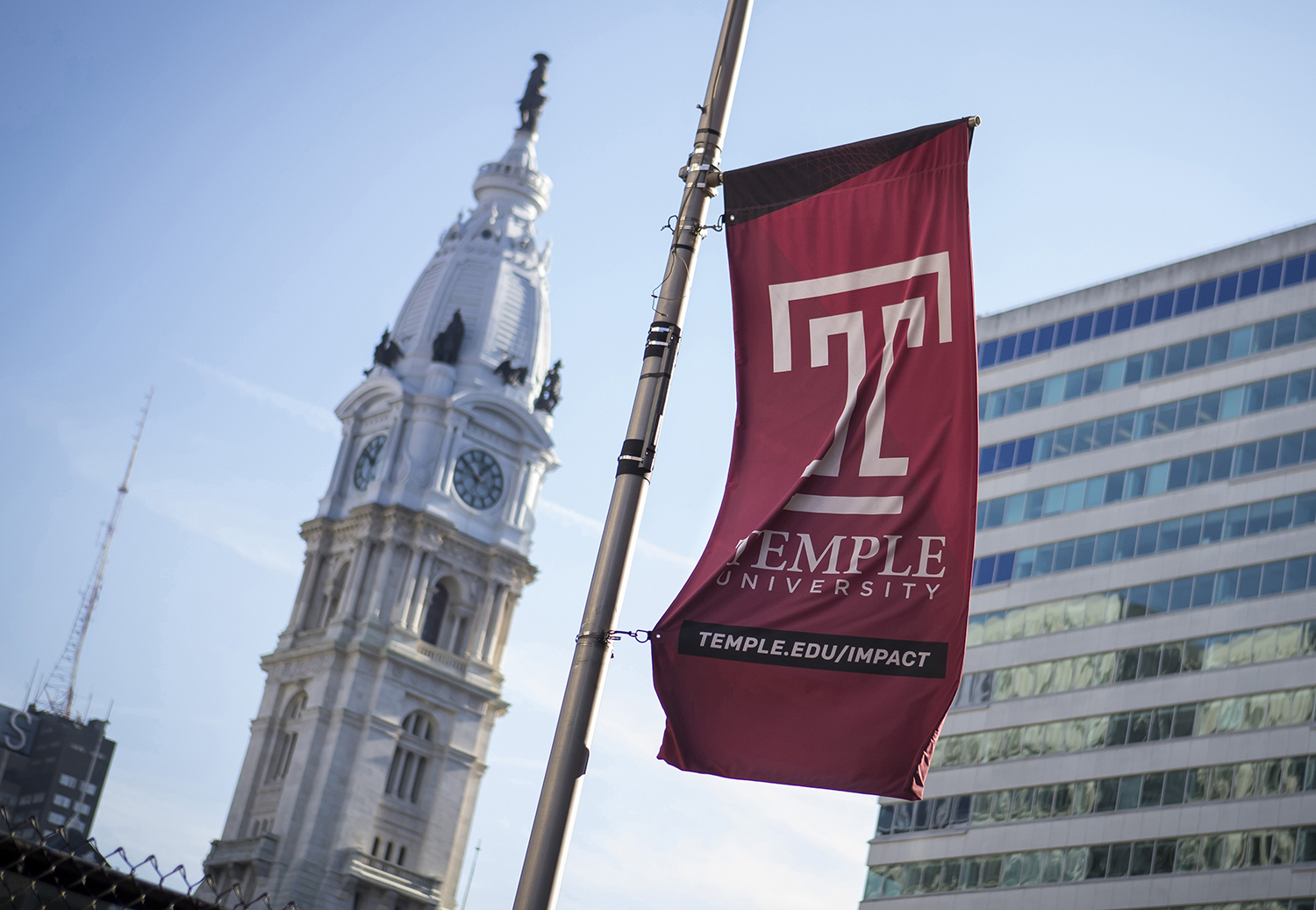Besides embarrassment, Ekemini Stephen, KLN ‘19, felt powerless when a lecherous comedian more than twice her age incorporated her into his routine, proposing she marry him on stage during her father’s retirement party.
“I looked at my dad and he was uncomfortable,” Stephen told an assembly in April as part of a new Klein College course on communication and civic engagement.
She was 15 at the time and growing up in Nigeria, “a patriarchal society that uses culture and religion as justification for gender inequality,” she said.
By 16, a frustrated Stephen had stopped wearing makeup and cut her hair. Short. But that didn’t stop the catcalls from two men, she said, noting a woman who had witnessed the demeaning treatment admonished the teen as “asking for it” because of the clothes she wore.
“The message was clear: I was inherently guilty for how I looked,” she said. “I was guilty for being female. It was never about the predators, it was always about me.”
Stephen used these firsthand experiences with objectification, patriarchy and misogyny to motivate her involvement in the #MeToo movement to end sexual violence.
Her roughly seven-minute presentation titled “The War on Beauty” was the first of eight TED-style talks by students who took Dr. William Romani’s course in the Klein College Department of Communication and Social Influence. Collectively, the presentations given in April inside Tuttleman Learning Center and broadcast live on Facebook were billed as “Owl Be the Change,” the first of what will likely be an annual event to coincide with Temple’s Global Days of Service community outreach initiative.
“Our course was designed to prepare the students to identify and channel their passion and use communication to increase the awareness and to improve civic participation in the most important issues in their communities,” Romani told the audience.
Sharon Coelho, KLN ‘ 19, delivered an ode to her magnet high school in Northeast Philadelphia, The Arts Academy at Benjamin Rush, where she flourished as a vocal major. Her high school vocal teacher, Suzanne Spencer, attended the talk.
“When you think about it, music is naturally human. Music is abundant across cultures and generations. Music helps shapes our lives. It tells our stories, it tells our histories. Music can close gaps and build bridges,” Coelho said while advocating for VH1’s Save the Music Foundation for music education in cash-strapped schools.
Students Stephanie Fisher, KLN ‘18, Jessie Sykes, KLN ‘19, and Kirby Kistler, KLN ‘19, each presented environmental topics and promoted organizations that support ecology. To illustrate Philadelphia’s problem with litter, Fisher recalled the distasteful details of a failed effort to retrieve her cellphone from a campus storm drain and lauded the work of the Pennsylvania Resources Council, which advertises itself as the state’s “oldest grassroots environmental organization.”
Sykes, a supporter of Philadelphia-based PennEnvironment, which promotes a ban on plastic foam cups and containers, said: “Treating Mother Nature like garbage is like treating your own mother like garbage.”
Kistler asked the crowd to burst their “bubble of ignorance” as he directed attention to climate change, the tons of plastic debris floating in the world’s oceans and the environmental advocacy of Defend Our Future, a youth-oriented extension of the Environmental Defense Fund.
For his talk on mentorship, Jovaun Wheeler, KLN ‘20, said he looked to his late grandfather, who showed persistence even after he was diagnosed with the neurological disease amyotrophic lateral sclerosis, or ALS. He also drew inspiration from his mother who also stayed strong following her cancer diagnosis and during her treatments and is soon to be cancer-free. And then he told of a friend from his Washington, D.C. neighborhood who had a similar upbringing but ended up in prison.
This is why, Wheeler said, an organization like Youth United for Change, should receive support because the organization helps young Philadelphians of color get the education they need.
Janet Zheng, KLN ‘21, referenced the work in Philadelphia of Asian Americans United and its Chinese Youth Organizing Project, which runs a summer leadership program for 14 to 18 year olds. Back in 2009, the youth were instrumental in raising awareness of anti-immigrant violence and racial tensions at South Philadelphia High School after nearly 30 Asian American students were assaulted by their peers. Zheng joined the youth movement in 2015 while a high school sophomore because she “wanted to be a voice” for her community.
She pointed to the documented low voter turnout in the Asian American population and the need to increase the numbers at the polls. Only through the ballot box, she said, does a person earn a voice.
“Don’t give in to the silence.”
Until he moved to Philadelphia, Gabe Elko, KLN ‘21, said he had never heard about food insecurity or what it means to have no access to nutritious food. His parents, both trained chefs, made sure he never went to bed hungry, and that is why Elko praised the work of Philabundance, which last year distributed more than 24 million pounds of food to the hungry and those deemed food insecure. Lincoln visited the organization to gain insight for his presentation.
“I’m truly amazed by this group of people working toward something so important, feeding people throughout the region,” he said. “Get involved in any way possible. Help your fellow man so that no one ever has to go to bed hungry.”

